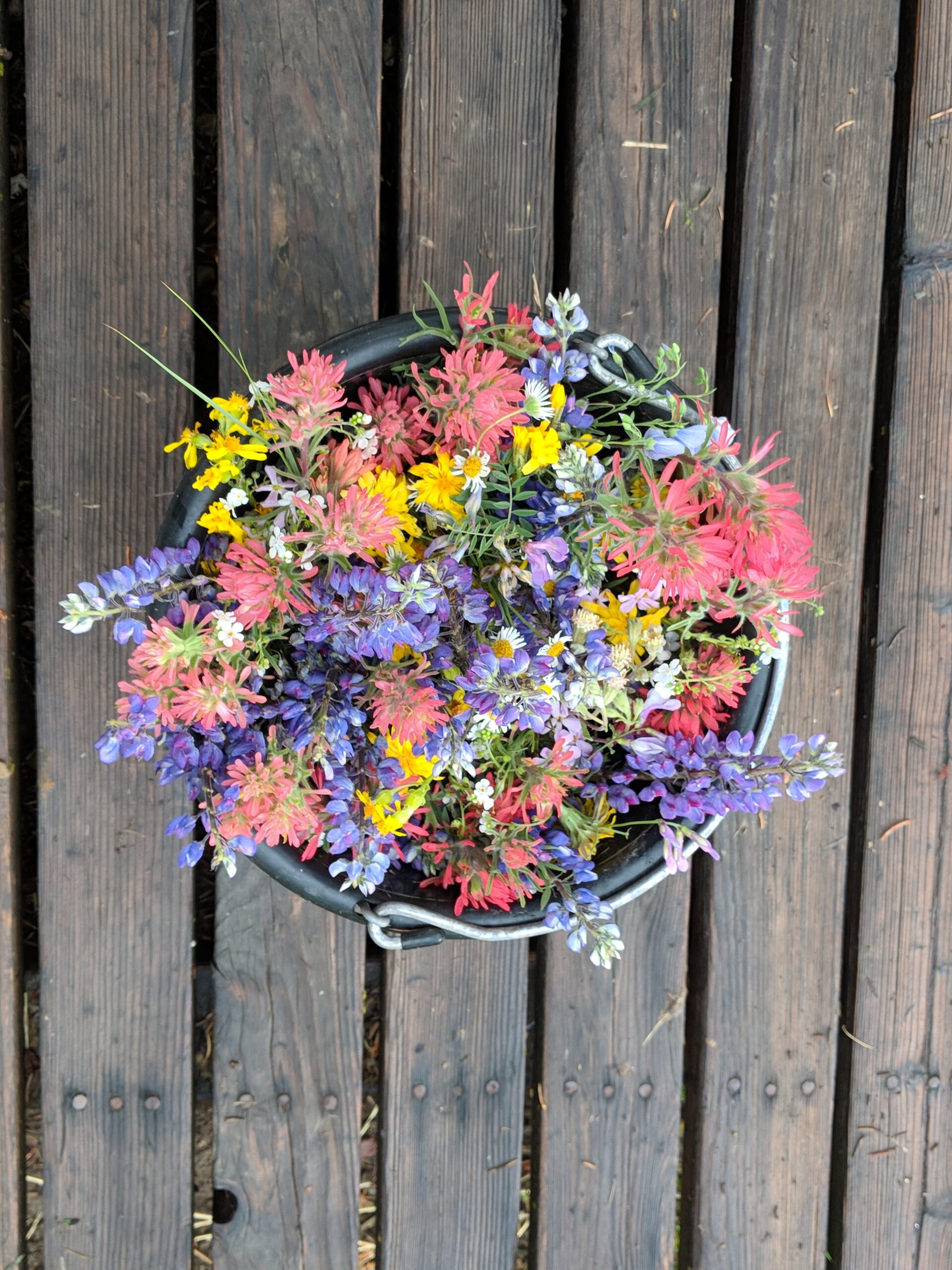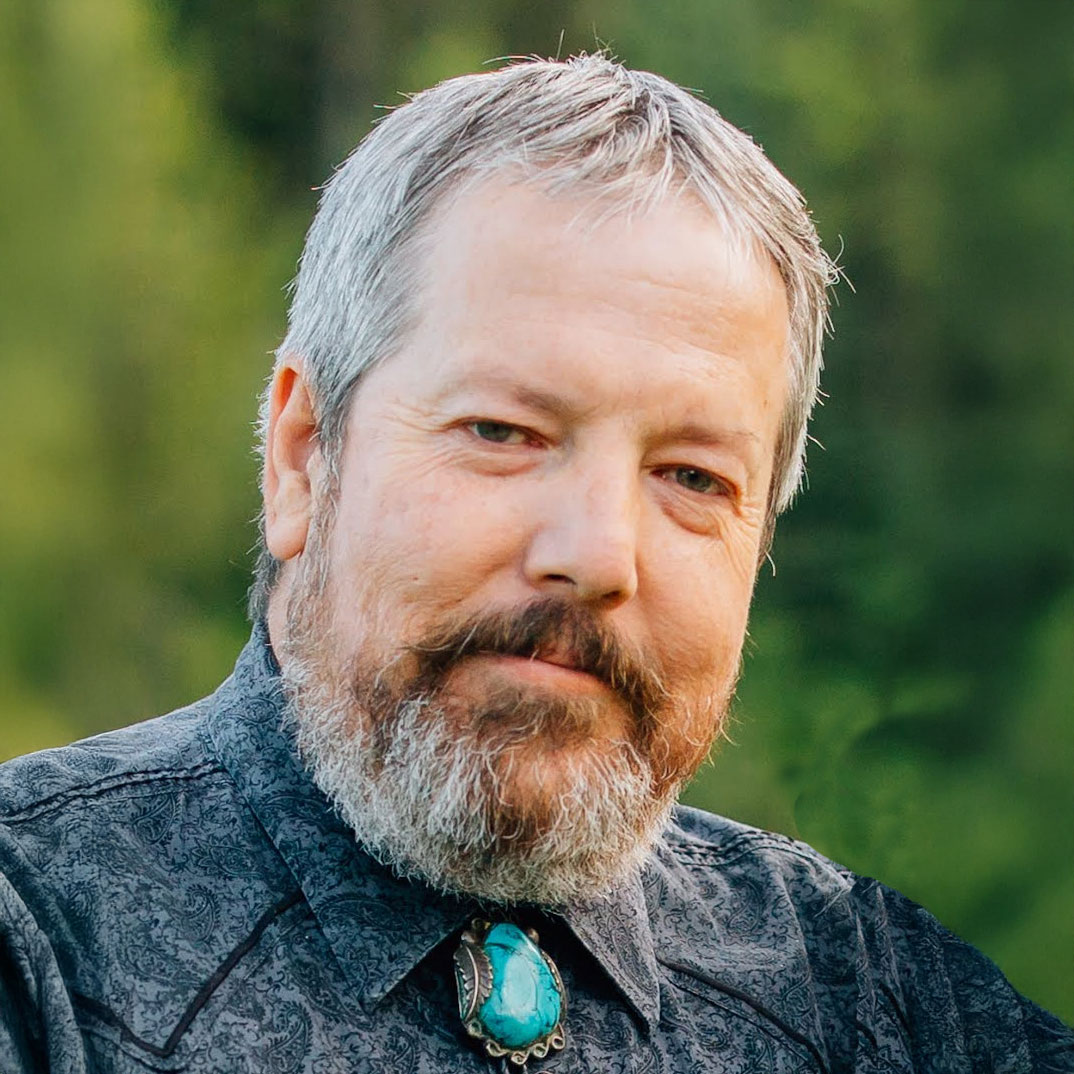We bring expert guidance and practical solutions to help you maximize the health and productivity of your rangelands. With a deep understanding of land management, ecology, and sustainable grazing practices, we tailor our services to meet your unique needs, ensuring long-term success for your land and livestock. Trust us to provide science-backed strategies and hands-on support, so you can make the most of your rangeland investment with confidence.

Welcome to
RangeWise Rangeland Consulting

- Bachelor of Science in Range Management, Utah State University, 1993
- Certified Professional in Range Management (CPRM), Society for Range Management
Owner
Shane A. Green
I’m Shane Green, the founder of RangeWise Rangeland Consulting, with a passion for helping landowners and managers make the most of their rangelands. With years of experience in rangeland management and a commitment to sustainable, science-based solutions, I’m dedicated to providing the expertise and support you need to achieve your goals.
About Shane Green
Shane Green is a seasoned rangeland management specialist with 34 years of experience in rangeland ecology, conservation planning, and ecological site assessment. During his tenure with the USDA Natural Resources Conservation Service (retired), he provided national technical leadership, training, and innovative solutions for sustainable grazing and rangeland restoration. His work across the country has built an extensive network of experts and deep insight into diverse landscapes, equipping him to address complex rangeland challenges effectively.
Shane’s mission is to empower landowners and managers with the knowledge and tools to foster productive rangelands while maintaining a thriving ecosystem. Through science-based strategies and practical solutions, he helps clients make informed decisions that lead to long-term land health and profitability.
Beyond his professional work, Shane enjoys spending time with his wife, Shalaine, their six children, and seven grandchildren. He finds solace at the family homestead in Vernon Creek, Utah, where his passion for the land extends beyond work into everyday life.
Key Skills & Expertise
| Advanced Grazing Management | Integrating traditional and emerging technologies for regenerative land use. |
| Conservation Planning & Implementation | Designing and executing practical, innovative strategies for diverse landscapes. |
| Technical Training | Recognized leader in rangeland health, grazing management, and ecological monitoring. |
| Ecological Site Descriptions (ESDs) | Developing and applying ESDs to support informed land management. |
| Riparian Areas | Restoration and management of riparian areas on grazing lands |
| GIS & Remote Sensing | Utilizing cutting-edge tools for rangeland inventory, assessment, and monitoring. |
| Monitoring and Assessment | Forage inventory, vegetation measurements, rangeland health assessment, botanical survey. |
| Agency & Stakeholder Collaboration | Partnering with federal, state, and local entities to drive conservation efforts. |
| Innovative Problem-Solving | Creating efficient tools and methods for forage allocation, stocking rates, and land health assessment |
Publications by Shane Green
01
Rangelands · Dec 2023
Resource managers must assess rangeland conditions, identify management challenges, implement solutions, and monitor changes.
Ecological site descriptions, state-and-transition models, and rangeland health assessments provide essential insights for understanding conditions, addressing resource concerns, and guiding conservation efforts.
A new addition, resource concern risk ratings, further enhance the integration of these tools for improved decision-making.
02
USFS General Technical Report · Sep 2024
Guidelines for riparian forest restoration in Utah
Riparian forests in Utah and the Intermountain West, though limited in area, provide vital ecological and societal benefits. Since the 1800s, they have faced disturbances, altered water flows, invasive species, and land use changes.
This document outlines a step-by-step approach to assessing and restoring riparian forests by:
-Identifying vegetation and valley types
-Diagnosing ecological degradation
-Determining underlying stressors
-Selecting appropriate management responses
-Establishing baseline data and monitoring outcomes
This process helps managers restore ecological integrity and resilience amid ongoing and future challenges.
03
Rangelands · Oct 2023
Ecological resistance and resilience in rangelands
Resistance and resilience are commonly used terms in discussions about agriculture and future ecological conditions.
We provide a common understanding of these terms as they apply to the ecology of grazed systems.
We discuss the relationship between ecological resistance and resilience, disturbances, and ecological processes.
We present examples of how to make what is known about ecological resistance and resilience in grazed ecosystems accessible to planners and their clients.
04
USDA NRCS Technical Note · Apr 2020
RANGELAND VEGETATION MEASUREMENTS
Vegetation measurements are used during several different steps of the conservation planning process. Being aware of the variety of observable vegetation attributes and how techniques fit within that larger framework will facilitate communication with colleagues or clients. This will improve your knowledge and skill when recommending, applying, or interpreting inventory, monitoring or assessment for any project.
05
Great Basin Fact Sheet · Sep 2015
Woody Fuels Reduction in Wyoming Big Sagebrush Communities
Increased fine fuels from understory loss, annual weeds, and shrub cover have led to more frequent fires in Wyoming big sagebrush communities. Fuel treatments can reduce fire severity and aid restoration but require careful evaluation of risks and benefits. Key questions help determine treatment suitability and method selection. Herbicides or mechanical treatments may be used, but prescribed fire is generally too risky.
06
Rangelands · Dec 2016
Generalizing Ecological Site Concepts of the Colorado Plateau for Landscape-Level Applications
Resistance and resilience are commonly used terms in discussions about agriculture and future ecological conditions.
We provide a common understanding of these terms as they apply to the ecology of grazed systems.
We discuss the relationship between ecological resistance and resilience, disturbances, and ecological processes.
We present examples of how to make what is known about ecological resistance and resilience in grazed ecosystems accessible to planners and their clients.
Ready to Start a New Project with RangeWise?
Rangeland stewardship is an investment in the future—one that balances productivity with ecological health. Let’s start a conversation about sustainable management practices that support both your land and your livelihood. It’s a discussion worth having.
